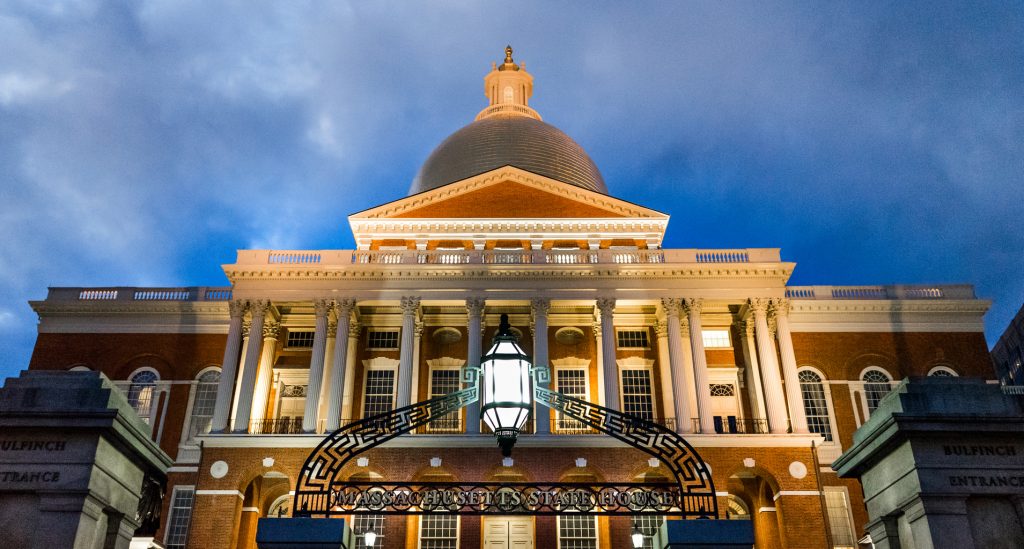
Bump renews call on Legislature to permanently address early voting unfunded mandate
Boston, MA – After Bay State voters went to the polls to take part in early voting in the presidential primary election for the first time last month, State Auditor Suzanne M. Bump is asking city and town clerks to provide an accounting of unfunded, mandated costs related to that service. Bump will use this information to provide a formal certification of these costs to the legislature and ask it to allocate funds in a future supplemental budget to reimburse these communities. Bump is asking for responses from cities and towns by Monday, April 20.
“Cities and towns spent hundreds of thousands of dollars to make voting in the presidential primary easier and more convenient. This is a good thing. However, with no process to reimburse them, these communities could be stuck with a bill that should be covered by the state,” Bump said. “The legislature must allocate funds to reimburse these communities and remove uncertainty about future elections by establishing a permanent and predictable method to fund this important service.”
In 2017, through her office’s Division of Local Mandates, Bump determined that parts of the early voting law are unfunded mandates on cities and towns and that the state should cover these costs. Her mandate determination cited the requirements that municipalities establish an early voting polling location that has sufficient staffing and privacy for voters as the factors driving the conclusion.
Since the early voting law was passed in 2014, the state has failed to establish a permanent and consistent method to fund communities’ expenses to provide this service. Instead, it has relied on a series of reimbursements in supplemental budgets passed after the 2016 and 2018 elections to retroactively reimburse communities for their mandated expenses. Following a cost certification by Bump’s office, in the 2018 general election, communities were reimbursed $1,144,156.22 for mandated early voting expenses.
Auditor Bump has worked with Rep. Steven Ultrino and Rep. Brad Jones to pass legislation that would establish a permanent method to fund mandated municipal costs associated with early voting.
About the Office of the State Auditor
The Office of the State Auditor (OSA) conducts performance audits of state government programs, departments, agencies, authorities, contracts, and vendors. With its reports, the OSA issues recommendations to improve accountability, efficiency, and transparency. The OSA has identified approximately $1.3 billion in unallowable, questionable, or potentially fraudulent spending and saving opportunities for the Commonwealth since 2011. Last year, auditees reported implementation of 92 percent of the OSA’s audit recommendations.
About the Division of Local Mandates
The Division of Local Mandates (DLM) was established in 1980 as part of Proposition 2 ½, an initiative that limits the abilities of cities and towns to increase property taxes. Under the state’s Local Mandate Law, the Legislature and state agencies are prohibited from passing costs along to municipalities to implement state programs. DLM was established to respond to municipal request to determine whether an unfunded mandate has been passed on to local governments, and make a cost determination of the state funding necessary to sustain a mandate.
For more information, visit www.mass.gov/auditor or follow Auditor Bump on Twitter @MassAuditor, on Facebook, or subscribe to the Auditor’s Report e-newsletter.
